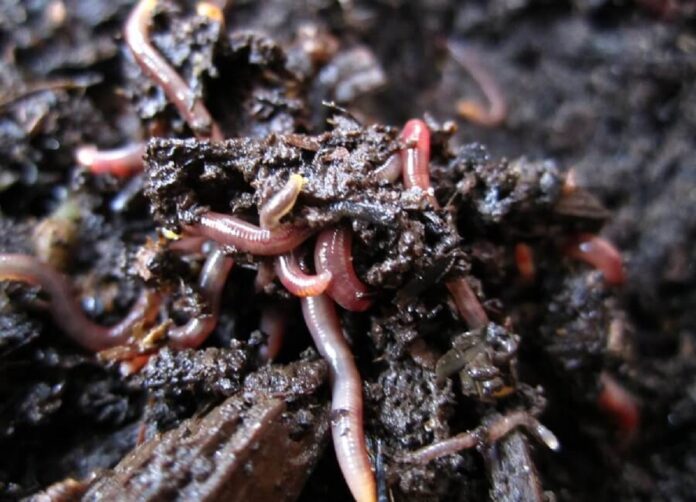Earthworms by their nature and activities contribute some immense benefits like enhancement of soil structure, nutrient increase, better drainage and more. This makes Vermiculture and Vermicomposting an important practice for the farmer to consider.
Vermis – The Latin for worm
Before you continue: Earthworm Types and Benefits to Soil Fertility and Plants in Agriculture
The difference between Vermiculture and Vermicomposting
Vermiculture is the cultivation or growing of earthworms in a preferred or suitable medium. This is done to increase the number of worms to obtain a sustainable harvest. These worms can be used to expand a vermicompost operation or sold to customers who are into vermicomposting.
Vermicomposting is the process of using worms to convert organic
materials (usually wastes) into a humus-like material or compost known as vermicompost. The main goal is to process the material as quickly and efficiently as possible.
Read also: Compost: Composting Steps, Materials and Importance
These two processes are similar but different.
If your goal is to produce vermicompost, grow more earthworms and keep the maximum population.
Also, if you want to produce more worms, keep population density low enough to optimize reproductive rates.
Potential Benefits and Constraints in Organic Farming
The answers to these fundamental questions will help throw more light on the benefits and constraints of vermiculture and vermicomposting.
Read also: Organic Farming: Types, Principles, Methods and Importance
Why should an organic farmer be interested in vermiculture and vermicomposting?
There are a number of answers and these may not apply to all organic farmers.
- Vermicompost appears to be generally superior to conventionally produced compost in a number of important ways.
- Vermicompost is superior to most composts as an inoculant in the production of compost teas.
- Earthworms have a number of other possible uses on farms, including value as a high-quality animal feed.
- Vermiculture and vermicomposting offer the potential to organic farmers as sources of supplemental income.
- It can be quicker, but to make it so generally requires more labour.
- Perhaps most importantly, it requires more start-up resources, either in cash (to buy the worms) or in time and labour (to grow them).
- Vermicomposting requires relatively more space because the worms are surface feeders and won’t operate in material more than a meter in depth.
- It is more vulnerable to environmental pressures, such as freezing conditions and drought.
Read also: 10 Benefits of Cover Crops to Soil Improvement and Cropping
We shall be delving deep and writing on how to handle earthworms and vermicomposting in our subsequent posts. Subscribe to get notified.
Reference
Manual of On-Farm Vermicomposting and Vermiculture – Glenn Munroe
(Organic Agriculture Centre of Canada)


